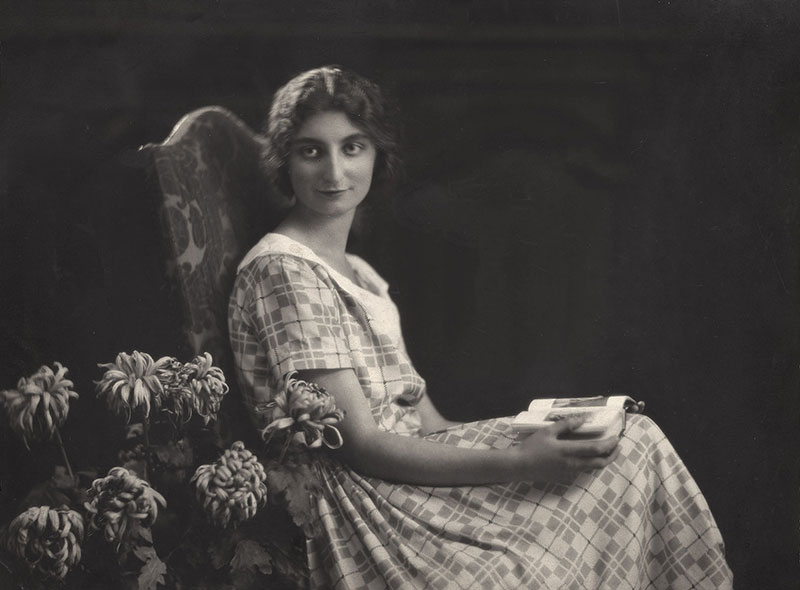
Suzanne Spaak
Between studying the Holocaust in both university and Hebrew day school, I consider myself to be no stranger in the world of Holocaust memory. Nevertheless, during Na’ama Shik’s lecture, earlier this week, on Jewish female experience in Aushwitz-Birkenau, I found myself dumbfounded. I realized I knew very little on the topic of women’s experiences in the Holocaust.
Shik was one of many historians who participated in Yad Vashem’s International Institute for Holocaust Research’s almost two week long workshop “The Persecution and Murder of the Jews: A Grassroots Perspective” that took place from July 5th to the 13th. After sitting through a couple of lectures, Shik’s in particular, hit home.
Only quite recently, give or take a decade, have scholars begun to focus on women and the Holocaust. It was just two years ago that Yad Vashem opened its first exhibit focusing on women and the holocaust, called "Spots of Light". It is an obvious fact that Jewish women in the camps were terrorized and tortured and murdered by the Nazis. Yet, the specific differences between men and women’s experiences in the camps are still subjects that have not been significantly studied. Though Jewish women were tortured and killed because of the fact that they were Jews, the women’s day to day experiences in the camps and ghettos were obviously different then the men by virtue of the fact that they were women. Women and the Holocaust is such a crucial facet in Holocaust research. I realized at the end of the lecture that there has been a void in my Holocaust education, which before today overlooked half of the Holocaust’s victims and survivors.
I have been interning at Yad Vashem for six weeks now and though this period has been quite short I have still learnt so much. I have realized that the Holocaust is an infinite vessel of unknown information that historians are constantly discovering. Even though the Holocaust is one of the most documented and researched events in history, there are still many pieces of information waiting to be uncovered. For example, just last year, Yad Vashem put together a research project called “The Untold Stories” focuses on the previously unknown fates of the mid-sized and smaller communities that were murdered by Nazis.
One thing that I will take away from this internship is the fact that the study of the Holocaust is vast. There is always so much to learn it is clear my Holocaust education will never be complete.









